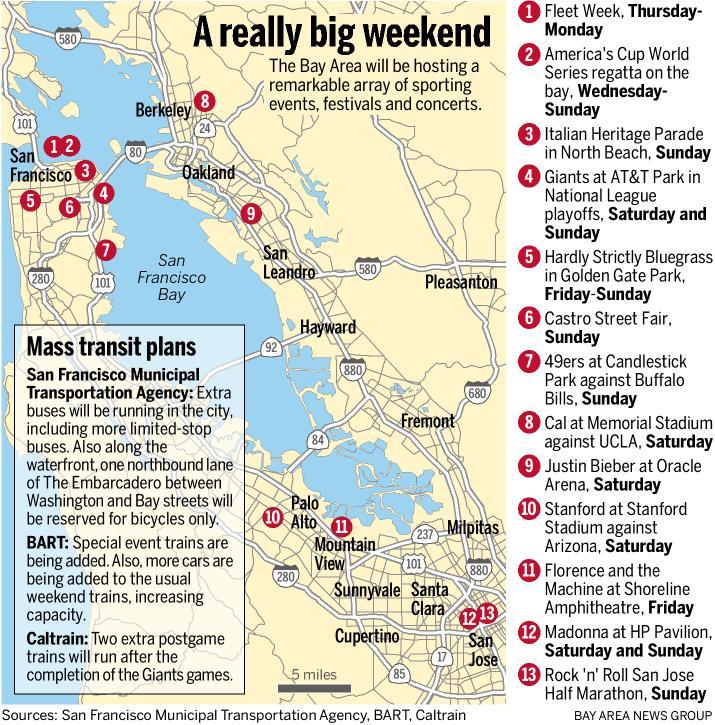But what has happened is not that food has led to art, but that it has replaced it. Foodism has taken on the sociological characteristics of what used to be known — in the days of the rising postwar middle class, when Mortimer Adler was peddling the Great Books and Leonard Bernstein was on television — as culture. It is costly. It requires knowledge and connoisseurship, which are themselves costly to develop. It is a badge of membership in the higher classes, an ideal example of what Thorstein Veblen, the great social critic of the Gilded Age, called conspicuous consumption. It is a vehicle of status aspiration and competition, an ever-present occasion for snobbery, one-upmanship and social aggression. (My farmers’ market has bigger, better, fresher tomatoes than yours.) Nobody cares if you know about Mozart or Leonardo anymore, but you had better be able to discuss the difference between ganache and couverture.
—
How Food Replaced Art as High Culture - NYTimes.com
It has been interesting to follow the changing position of food in culture the last 15 years. It’s a change driven by two things 1) the rise of food television; 2) the fact that, for all the Instagram’d photos of meals, food is still experienced in a specific time and place with parts of our bodies that can’t (yet) be fooled by an approximation constructed from binary numbers. Television and other media can only create the desire, fulfilling it requires a path of transmission that has nothing to do with the internet.
(via markrichardson)
I have a pet theory about this that, as young people’s budgets for printed/recorded media declined (just because their favorite magazines went online, they steal all their records online, etc) their budget for food increased just at the right moment — right when Americans of all ages were learning just how fucked the American diet really is. So now instead of blowing your paycheck at record store, you might do so at an expensive restaurant, having lost nothing in the way of feeling like you’re participating in Culture — in fact, overall, you’d be participating more, in ways that were previously unavailable to you.
I ran this by a friend, just now, and he reminded me about data plans and cable internet, which enable a young person to avoid paying for printed/recorded media, and which I’ll say costs an additional $100 a month they wouldn’t have been spending in the 90’s (assuming they split their internet with at least one other person and they would have already been paying for a phone/internet back then). And so maybe my theory is sunk.
Still, I do think that food has supplanted something in pop- or low-culture rather than High Culture, as this essay suggests. It’s not as if young people in the 1980’s were all learning about Mozart in their spare time, and it’s also not as if innovative cuisine wasn’t part of the coastal lifestyle then — pick up a copy of American Psycho for great satire of Restaurant Bullshit, it was alive and well in the 80’s.
I’m more interested in How We Got Here than, you know, the idea that a growing interest in food might hurt the Cincinnati Opera’s season ticket sales. Besides, at least — misguided or not — the Food Movement has ethical underpinnings that go beyond aesthetics. We live in a post-industrial economy with a massive and repulsive and powerful industrial food system that causes untold amounts of suffering for laborers and animals alike. By seeking both a.) a craft to call one’s own in an economy that doesn’t reward craftspeople anymore and b.) a means to circumvent the ethical and ecological calamity that is the American Food System, we have inadvertently elevated food into Culture.
I look forward to cooking like I look forward to skateboarding. It’s the one part of the day I know I can completely detach myself from technology to just focus on making something with my hands. What I’m saying is, maybe we need to think about things other than Ivy League educations and fucking Mozart when we talk about food.
(via willystaley)
Willy’s remarks above are A+.
(via langer)
I like this very much.

